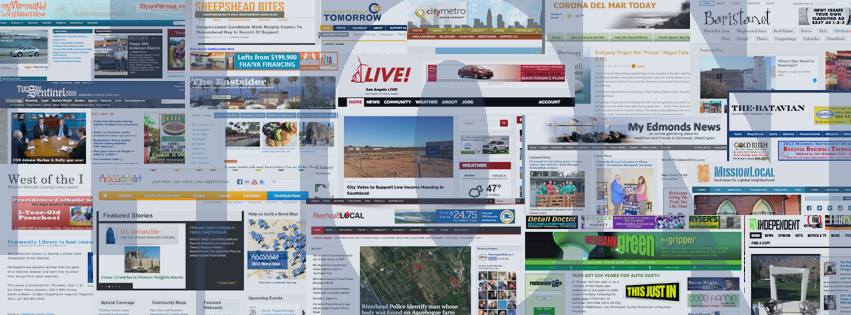LION is accepting applications for investigative reporting grants
Last week’s news that The Denver Post would cut one-third of its already shrunken newsroom was a stark reminder of

Last week’s news that The Denver Post would cut one-third of its already shrunken newsroom was a stark reminder of the plight of legacy newspapers and local accountability journalism.
Local independent online news organizations are emerging all over the country to fill the gaps, but two big questions loom: Can they implement a sustainable business model? And can small local news operations do the same kind of investigative and accountability journalism — work critical to democracy — that newspapers are abandoning?
We think those two things are connected, and we will try to prove it this spring with Impact-Designed Investigative Grants (I-DIG), a pilot project funded by a $25,000 grant from the Ethics & Excellence in Journalism Foundation.
LION is now accepting applications for member mini-grants for investigative and enterprise reporting projects. It will work with recipients to use the impact of that reporting to grow financial support from readers.
LION has more than 200 members who run local independent online news organizations in 45 states. They include nonprofits that focus on investigative stories, such as VT Digger and the Wisconsin Center for Investigative Journalism. Some cover niche topics in a local area, such as North Carolina Health News, Eco Rhode Island and Delaware Business Now.
But the majority of LION’s members are small, for-profit, general interest local news sites. Many provide the only journalists watching what local city councils and school boards are doing. They do some great accountability journalism, but with limited resources, it can be difficult to stretch for more investigative work.
At the same time, these sites have been challenged by the difficulty of the online advertising business (we’re working to help local publishers with that, too!), and have increasingly turned directly to readers for support.
Research by the Membership Puzzle, the News Revenue Hub and others who’ve been helping publishers build membership and subscription revenue has shown that readers will respond if a news outlet is doing investigative work that has an impact on the community.
With I-DIG, LION hopes to spark a culture of investigative reporting at small local news sites that will then help grow reader revenue and, in turn, fund more investigative work.
Through I-DIG, LION members can apply for reporting grants of up to $1,500. It’s a modest amount of money, but enough to help small local news organizations get to a stories that are just beyond their reach. It could provide them with money to hire a freelancer, pay fees associated with Freedom of Information Act requests, or get assistance with data compilation or analysis.
Applications are open to LION members. (Not a member? Apply here, and submit your I-DIG application concurrently.) They’re due on April 13.
LION will work with attendees at the summit and recipients of I-DIG funding to help grow reader revenue over the course of 2018.
Sign up for the weekly newsletter
Join the LION mailing list to get our weekly roundup of opportunities and resources for news entrepreneurs. View our most recent issues.
Related Articles
BoiseDev’s winning secret to selling newsletter ads: Only local news, only local ads
The site earns 60 percent of its advertising revenue through its high-open-rate email projects, in partnership with local ad agencies.
AI adoption: How Lede AI helps small publishers quickly generate content readers love
Helping news organizations leverage artificial intelligence with a tool that puts their readers and staff first
Social is down, newsletters are up: How audiences are finding LIONs in 2024
Changes to social media and search prompt publishers to shift strategy.
